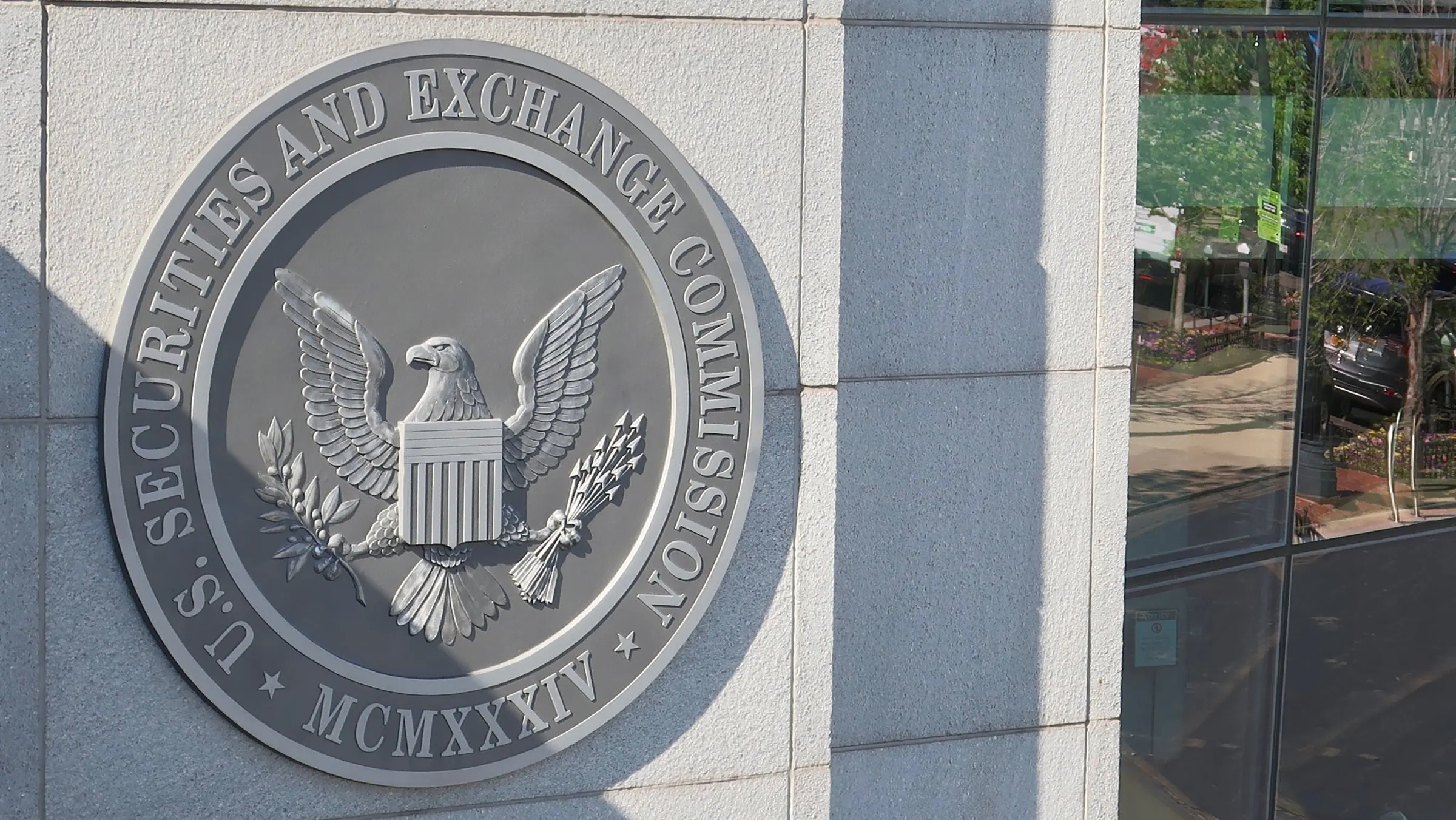Just days after South Carolina backed off its staking lawsuit against crypto exchange Coinbase, Kentucky has become the third state in as many weeks to fold, following Vermont’s exit last month.
The Kentucky Department of Financial Institutions filed a joint stipulation of dismissal on Monday, effectively ending its legal action over Coinbase’s staking services, which were previously accused of violating state securities laws.
“Congress needs to end this litigation-driven, state-by-state approach with a federal market structure law ASAP,” Coinbase Chief Legal Officer Paul Grewal posted on X following the lawsuit dismissal.

Coinbase Hit With Pending Cease and Desist Orders From 11 States
Cryptocurrency exchange Coinbase has been issued a Show Cause Order by the Alabama Securities and Exchange Commission (ASC) along with ten other states, early Tuesday morning. A multi-state task force that includes California, Illinois, Kentucky, Maryland, New Jersey, South Carolina, Vermont, Washington, Wisconsin along with Alabama have filed charges against the company for violating securities laws. The SEC announced a new lawsuit today against Coinbase for allegedly violating securities laws...
The case against Coinbase was originally part of a multistate effort launched the same day the U.S. Securities and Exchange Commission (SEC) sued the exchange in June 2023.
"One by one, in just a few short months, states across the country and party lines are standing up for consumers and sound law," Paul Grewal, Coinbase's Chief Legal Officer, told Decrypt. "Kentucky’s dismissal of its case against Coinbase, in rapid succession after Vermont and South Carolina, is a win for customers, innovation, and economic opportunity."
State regulators maintained that Coinbase’s staking program amounted to a securities offering that lacked the necessary registration under state laws.
Coinbase was essentially acting like an investment vehicle without proper registration or investor disclosures by pooling and delegating customer tokens in proof-of-stake networks, the regulators said.
Vermont exited the case on March 14, citing the dismissal of the federal lawsuit and the potential for clearer national regulation.
South Carolina followed days later, with Grewal noting its residents lost an estimated $2 million in staking rewards due to the ban.

Vermont Drops Crypto Staking Case Against Coinbase
Crypto exchange Coinbase has scored another major victory in its legal battles, as U.S. state Vermont dropped its case against the exchange over its staking services. Coinbase’s Chief Legal Officer, Paul Grewal, celebrated Vermont’s decision, calling it a sign of "progress." “As we have always said: staking services are not securities,” he wrote on X. “We applaud Vermont for embracing progress and providing clarity for its citizens who own digital assets.” Grewal went on to urge other states...
The latest dismissal continues a trend of state-level enforcement pullbacks following the SEC’s own February decision to dismiss its case against Coinbase.
Combined with new federal guidance under SEC Acting Chair Mark Uyeda, who has taken a more conciliatory stance toward crypto, these developments point to shifting regulatory winds in favor of the crypto industry.
“This is not just a victory for us, but for American consumers,” Grewal said last week after South Carolina dropped its lawsuit. “We hope it's a sign of things to come in the few states left that restrict staking.”
As of now, seven states—California, New Jersey, Illinois, Washington, Alabama, Maryland, and Wisconsin—still have pending enforcement actions against Coinbase.

Kentucky Passes Bitcoin and Ethereum Self-Custody Law
Kentucky Gov. Andy Beashear yesterday signed House Bill 701, which offers greater protections for users who self-custody their Bitcoin and cryptocurrency. To self-custody Bitcoin or another cryptocurrency means that a user has full control over the private key needed to authorize transactions. It's more like having cash in a wallet than using a debit card to authorize your bank to send someone money. Users who prefer that freedom also carry sole responsibility for protecting their holdings. A ma...
Pro-Crypto Bill Gains Ground in Kentucky
Kentucky’s decision to dismiss the Coinbase lawsuit closely follows Governor Andy Beshear's signing of House Bill 701 into law, a landmark piece of legislation aimed at protecting digital asset rights.
The bill affirms that self-custody of crypto is legal, and explicitly says activities like mining, staking, and running blockchain nodes are not subject to securities laws.
HB701 also protects node operators and exempts staking rewards from state money transmitter rules.
Lawmakers in both the House and Senate passed the bill unanimously, signaling rare bipartisan consensus on crypto rights.
Edited by Sebastian Sinclair
Daily Debrief Newsletter






